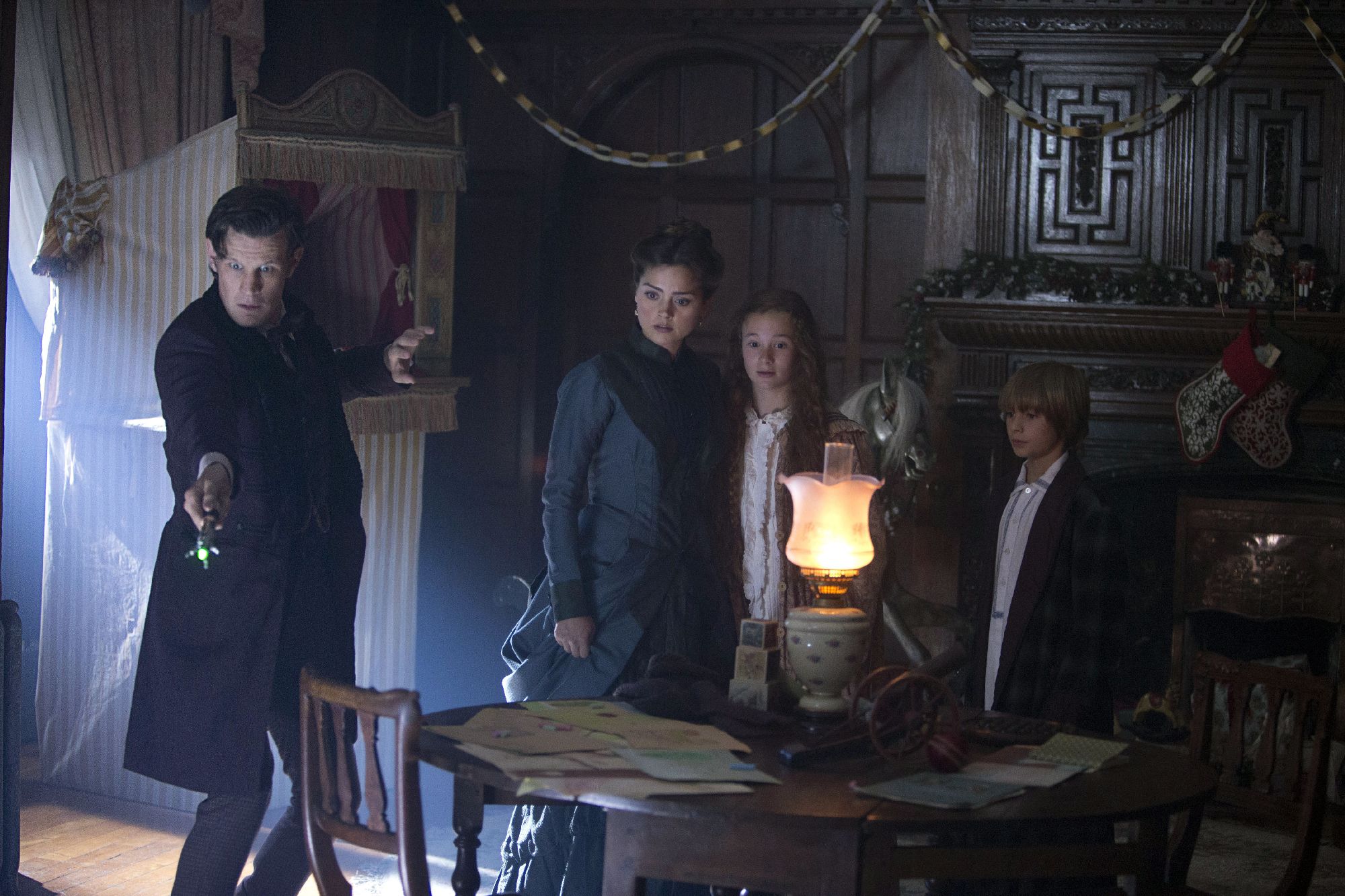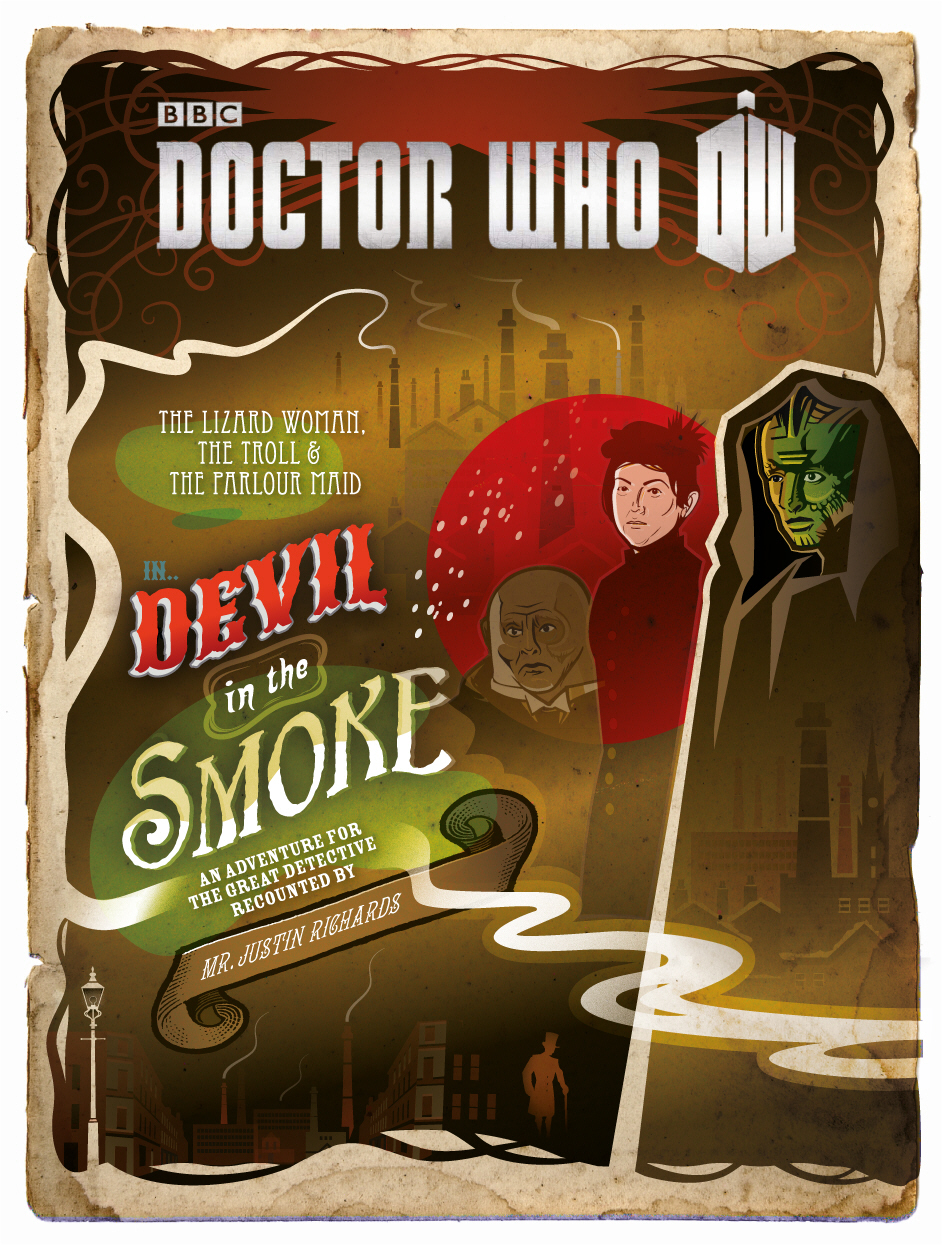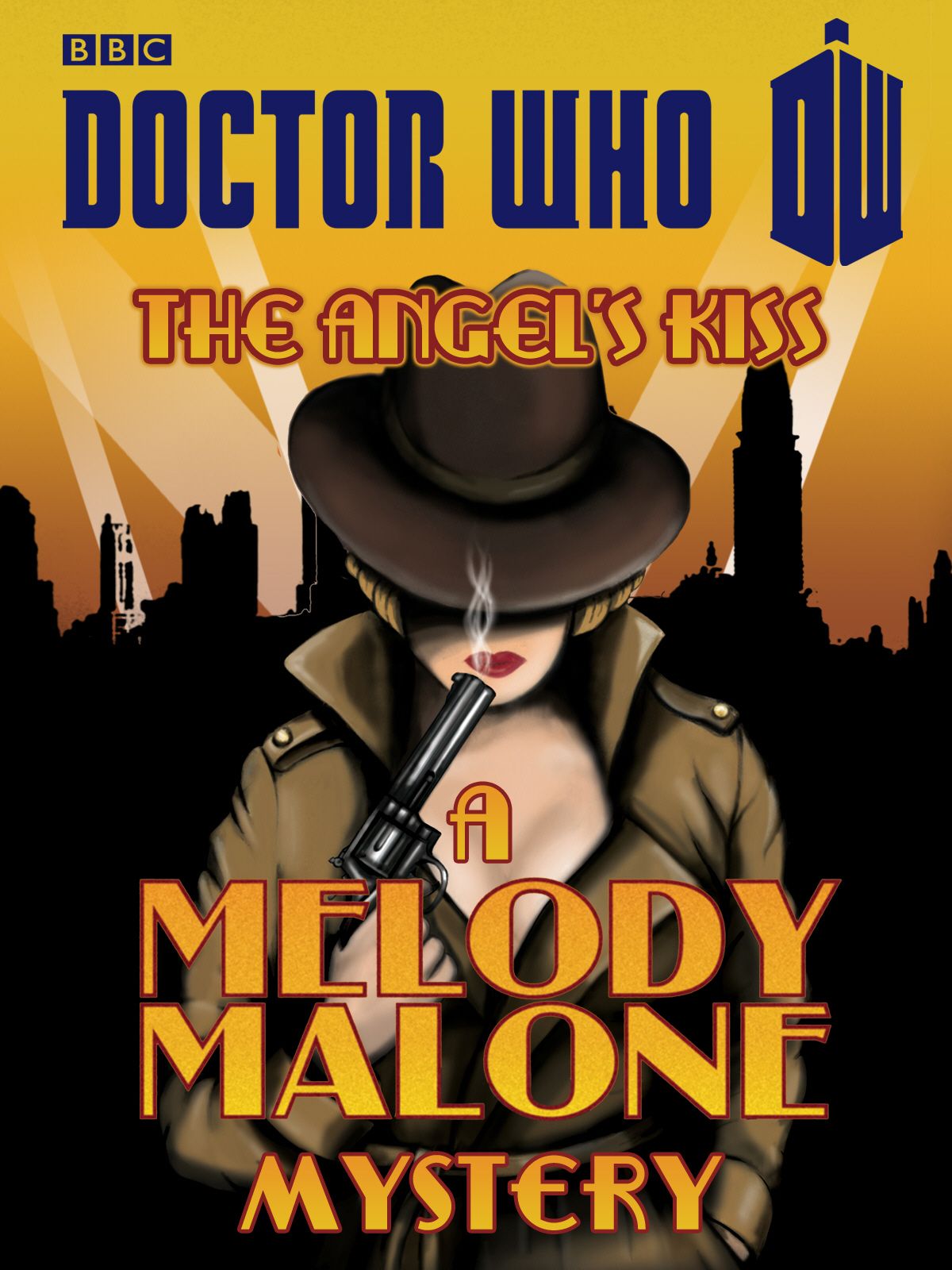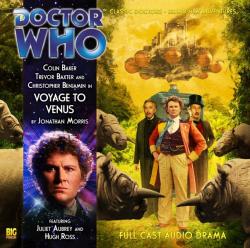BBC AudioGo: City of Death
Sunday, 30 December 2012 - Reviewed by Chuck Foster

City of Death
Starring Tom Baker
Written by David Agnew
Narrated by Lalla Ward
Released by BBC AudioGo, December 2012
Also, some think audio versions of complete stories are simply a waste of time and money; however, there are times when you can't actually watch stories - like driving to your parents' home at Christmas... - and then releases such as this become a godsend. So, the question becomes whether the narrated version imparts the story sufficiently to be able to enjoy as well as if watching?
All-in-all, the story is just as entertaining in this form as on the DVD, with the sparkling dialogue of the characters working just as effectively in this format. As with the preceding Destiny of the Daleks, Lalla Ward (Romana in the story) becomes the guide who ably navigates our path through those unseen moments, with the words themselves scripted by David Darlington, who does an excellent job in filling in such visual gaps.
If I have any 'gripe', though, it is that Dudley Simpson's fantastic score is 'lost' beneath the necessary dialogue describing the scenes. For those unfamiliar with the story, however, or those simply not so bothered with the score, a lack of such dialogue might well render those thematic passages through Paris etc. long and potentially boring to listen to - it's a compromise of the medium, of course, so I'm happy to settle for a release of the score instead (are you listening, Mark? (grin)).
Actually, a thought that does lurk in the back of my mind is to whether the narration truly captures the essence of the story or if it is as much my own familiarity with the story filling in any potential deficiencies - with the early days of the range the narration described scenes lost from the archives, but now we have soundtracks for stories readily available on DVD. It's hard to gauge how much influence that has, but when listening to City of Death on the drive I know I was visualising the characters as seen on screen. A good example of this is how the time-bubble is handled, which though described competently by the delightful Lalla, isn't able to quite create the visual impact of the appearance of Scaroth back in time. Similarly, the reveal of the six additional Mona Lisas isn't quite so startling when spoken. But that is a general problem with translating visual to audio rather than a deficiency of this release.
It should also be noted that inserting such elaborations between the gaps of dialogue without unbalancing the flow of the story is no mean feat either - the timing of these passages is impeccable, and the only dialogue I noticed as being 'muffled' was that of the tour guide's initial chatter during the description of the museum, but nothing that impacted on the plot in any way.
Special Features:
It seems a bit odd to talk about "special features" on an audio CD, but with a story you can get on DVD I guess other value-added material is required in order to tempt the buyer.As with Destiny, there is a brief interview with Lalla Ward included: here she talks about the problems with filming - both with a snowy Paris in May and a cantankerous Tom Baker - and how she feels it is important for an actor to defend the integrity of his/her character when writers might be less familiar with their nuances.
For PC users, the original camera scripts for the four episodes are also provided as PDF files on disc one, so you can read along to the soundtrack too if you like (and spot the ad-libs!).











